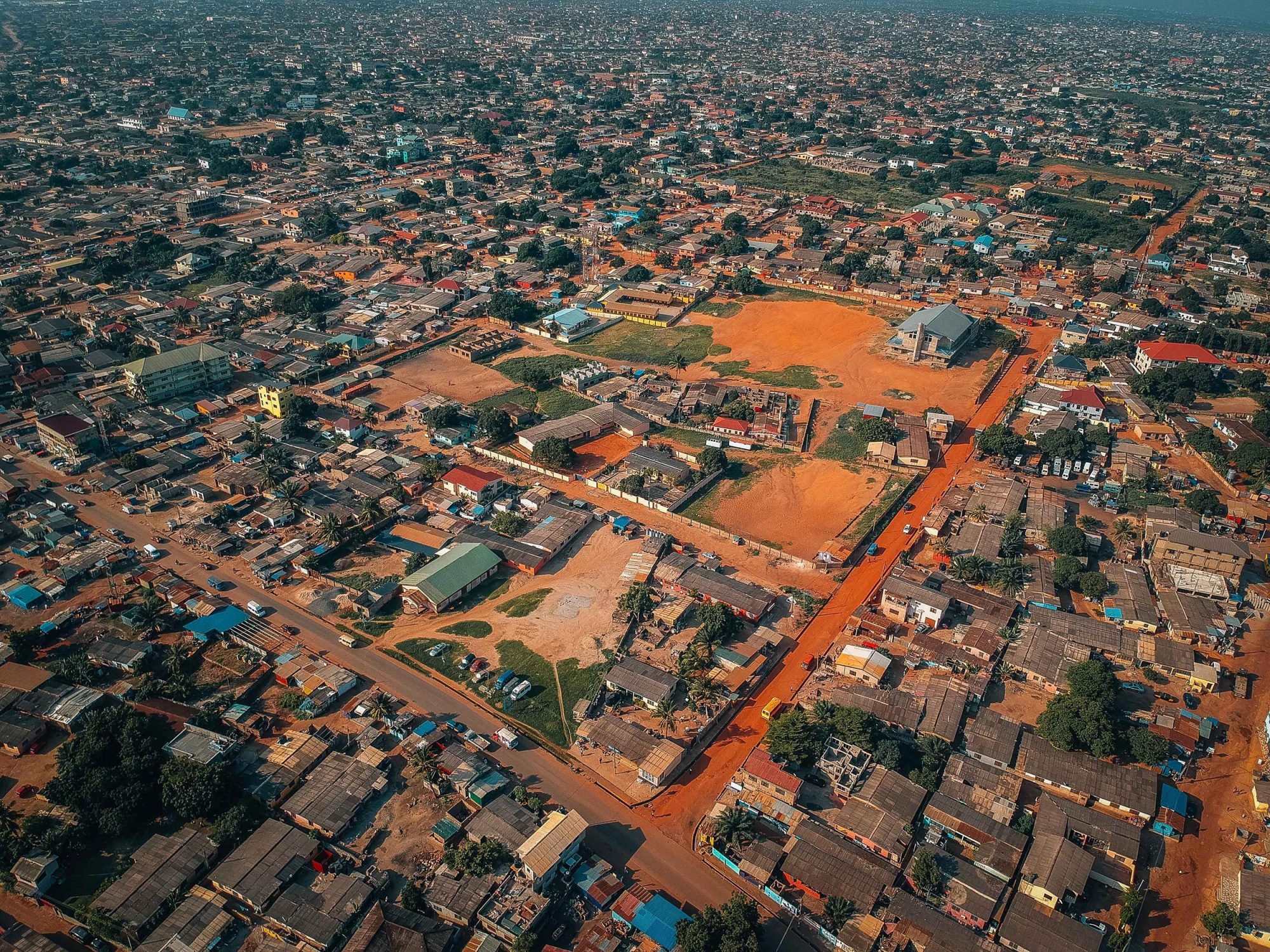
Asset class trends in emerging markets
Private equity funds represent a large opportunity set for investors in emerging markets who are willing to make longer-term investments:
- Over the last decade, private equity penetration in emerging markets has expanded, raising over USD 100 billion annually since 2014
- Private equity is the most commonly used asset class in impact investing, and the third largest by assets under management. 13% of all impact funds’ capitalisation globally is in emerging markets, according to Cambridge Associates
- Growth private equity represents the largest share of private equity investments, focusing on middle-sized businesses ready for scale
- Institutional investment in venture capital for impact-related companies in emerging markets, particularly in Sub-Saharan Africa, remains more limited
- A track record of successful exits is building rapidly in India, but is still consolidating for Sub-Saharan Africa
Key features
Longer-term opportunities: Private equity focuses on the long-term growth of portfolio companies, with an average holding period of five to seven years before exit
Active management of portfolio companies: Several funds provide active management to their portfolio companies, making strategic and operational improvements and supporting them during scale-up. This is particularly important in underdeveloped markets, in which business execution risk for companies is higher
Experienced fund managers: Experienced fund managers like Actis and Leapfrog are currently launching the third or fourth generations of their funds, implementing lessons from previous generations
Historical challenges
Poor historical returns: Concerns around business capabilities and execution, high volatility and poor returns
- Solutions include: Working with experienced investment managers, with strong processes for the identification, selection and monitoring of investee companies and proven track records
Illiquidity: Given the low market capitalisation of several developing markets, private equity positions can be challenging to exit, particularly during economic downturns
- Solutions include: Experienced fund managers engage closely with several large corporate buyers to secure different exit options during the course of the fund
Why invest?
Opportunity for patient capital to benefit from strong growth: Emerging markets have the fastest growing economies globally, projected at around 6% growth compared to around 1% in developed countries, and it is not uncommon for businesses to see accelerating growth
Strong impact opportunity: Private equity is essential in supporting local businesses to grow, provide goods and services to individuals, generate more tax revenue, and generally drive economic and social well-being
Examples of private equity funds in emerging markets include:
-
East Africa Fund I & Africa Fund II
East Africa Fund I & Africa Fund II are venture capital funds managed by Novastar Ventures that support early- and growth-stage companies serving the low-income mass market segment in East Africa, Nigeria and Ghana.
-
African Development Partners III
ADP III is Development Partners International’s third generation private equity fund, investing in consumer goods, financial services, education, healthcare and agri-business for the emerging African middle class.
-
agRIF
agRIF is a hybrid private equity and debt fund seeking to improve financial inclusion in the agricultural sector in low and middle-income countries.
-
Danish Climate Fund
The Danish Climate Investment Fund extends funds through equity and mezzanine financing to low-carbon and climate-resilient projects in low- and middle-income countries.
-
Energy 4
Energy 4 is Actis’ fourth-generation energy-focused private equity fund. The fund seeks to increase access to renewable energy in low- and middle-income countries through investments in electricity generation and distribution businesses.
-
Financial Inclusion Fund II
Financial Inclusion II is the second generation private equity fund launched by the Australian firm LeapFrog in 2014. It was significantly oversubscribed, raising USD 400 million to be invested in financial inclusion across Africa and South Asia.
-
IHS Fund II (SA and SSA)
The IHS Fund II are two private equity funds launched by International Housing Solutions. IHS invests in affordable housing and green housing development projects in South Africa, Botswana, Namibia and other countries in Sub-Saharan Africa.
-
India Fund II
India Fund II extends early-stage venture capital to Indian start-ups developing technologies for food, agriculture and the rural economy. The fund seeks to support firms disrupting Indian food systems, making agriculture more profitable and sustainable.









